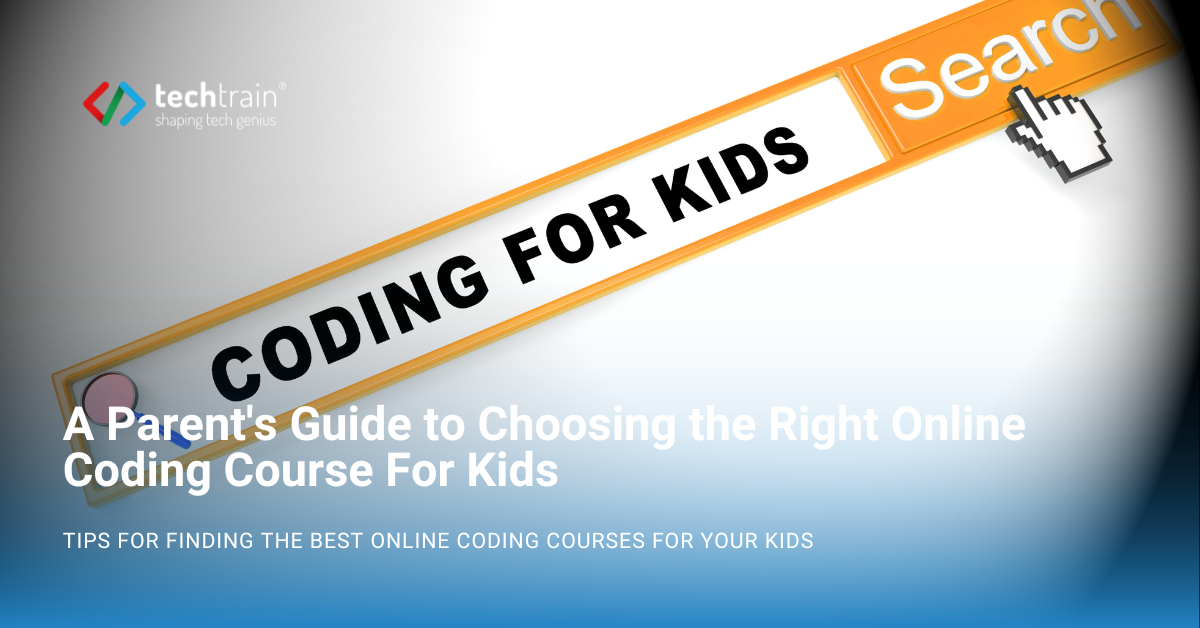"Tell me and I forget, teach me and I remember, involve me and I learn." — Benjamin Franklin
In a world where knowledge is at our fingertips, the ability to learn independently is more crucial than ever. Self-learning skills empower children not only to absorb information but to engage with it, explore their curiosities, and develop a lifelong passion for discovery.
This guide dives deep into the significance of self-learning, practical techniques for development, and innovative methods to inspire kids to take charge of their own education. Additionally, we recommend a selection of books and key techniques that can aid in their self-learning journeys.
The Importance of Self-Learning Skills
Self-learning skills enable children to:
- Empowerment: Take control of their own learning journey, fostering a sense of independence.
- Adaptability: Adjust to various learning styles and environments, preparing them for future challenges.
- Confidence: Build assurance in their ability to seek knowledge independently, which is crucial in today’s dynamic world.
Key Techniques for Developing Self-Learning Skills

First up, goal setting
In "The 7 Habits of Highly Effective People: Especially for Teens," Sean Covey tells us how important it is to be proactive and set goals. This helps kids take charge of their own learning. Try encouraging them to create SMART goals—that's Specific, Measurable, Achievable, Relevant, and Time-bound. So instead of saying, "I want to get better at math," they could say, "I want to finish one math module on Khan Academy by the end of the week."
Visual goals are also super helpful. A vision board or goal chart lets kids track their progress and stay motivated to reach their goals. Plus, they can celebrate their small wins along the way!
Next, time management
John Holt's "Teach Your Own" stresses the importance of letting kids direct their own learning, which includes managing their time well. To help with this, set up a consistent daily routine that includes dedicated study time, breaks, and fun activities.
Teaching kids to use time blocks for studying can also help them focus and remember things better. The Pomodoro Technique is a great example—25 minutes of focused work followed by a 5-minute break—can help kids manage their time like pros.
Resource utilization is also key
Show kids a variety of educational resources to spark their curiosity and make learning enjoyable. Think age-appropriate books, engaging documentaries, interesting podcasts, and fun online courses. Encourage them to explore topics that excite them and turn learning into a fun adventure!
Regular trips to the library can also open up a whole new world of learning. Libraries have tons of resources, and librarians can recommend materials that match your kids' interests and age.
Remember, making mistakes is all part of the learning process. In "Mindset: The New Psychology of Success" Carol S. Dweck explains that praising effort and perseverance—not just good grades—helps kids bounce back from setbacks and keeps them loving to learn. Show them that you're learning and trying new things too!
Active reflection is another important aspect
In "The Whole-Brain Child," Daniel J. Siegel and Tina Payne Bryson tell us that reflective thinking helps kids develop emotionally and cognitively. Encourage them to keep a learning journal where they can write about what they learned, what challenges they faced, and how they overcame them.
Regular chats about their learning experiences are also great. Ask questions like, "What was the coolest thing you learned today?" or "What do you want to explore more?" to get them thinking.
Finally, self-assessment!
The ideas in "The Power of Play: Learning What Comes Naturally" by David Elkind highlight that self-assessment helps kids become independent and think critically. Teach them to evaluate their own progress by providing checklists for projects or rubrics for self-assessment.
Peer reviews are also helpful. When kids share their work with each other and get feedback, it creates a collaborative learning environment and encourages them to take responsibility for their learning.
By using these techniques, you can help your kids develop awesome self-learning skills that will benefit them throughout their lives.
Conclusion
Fostering self-learning skills in children is essential for their personal and academic growth. By embracing these techniques and applying principles from influential books, parents can support their kids in becoming independent learners who are well-prepared for the future. Encouraging curiosity, setting goals, utilizing diverse resources, and reflecting on their learning will help children thrive in an ever-changing world. As they embark on their self-learning journey, they’ll not only gain knowledge but also develop the skills necessary to navigate life’s challenges with confidence.
.avif)

.avif)


.avif)












.avif)
.avif)

.avif)
.avif)
.avif)
.avif)



.png)
